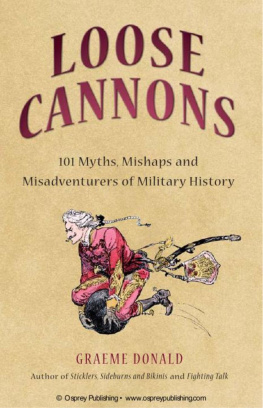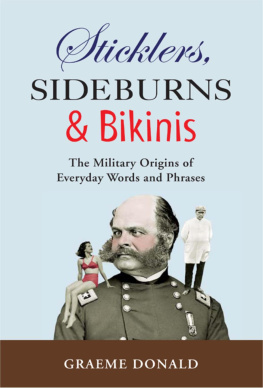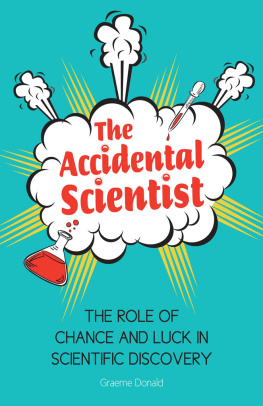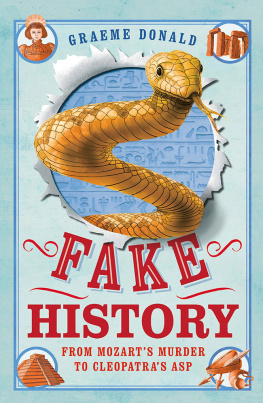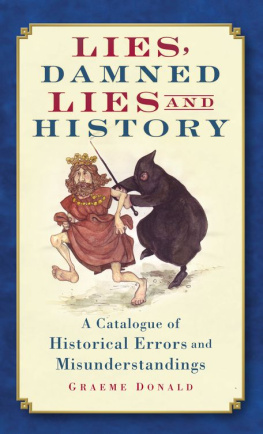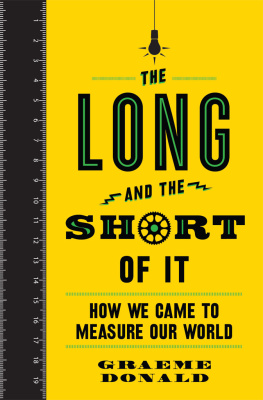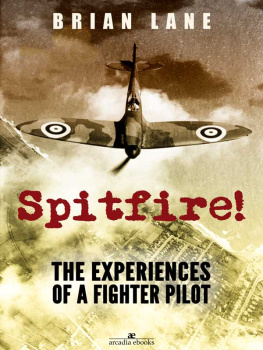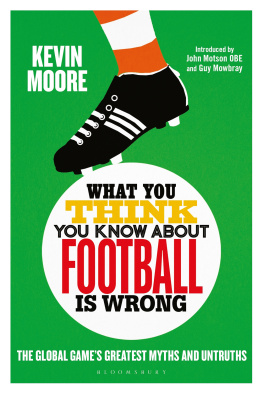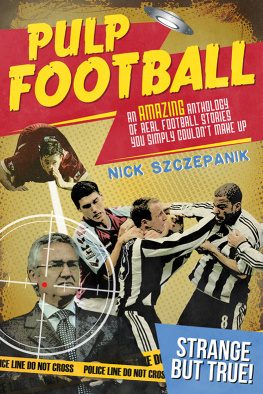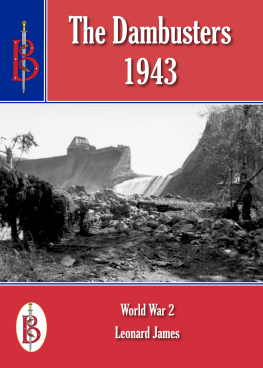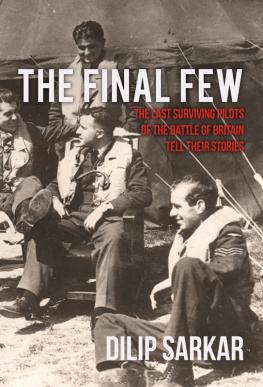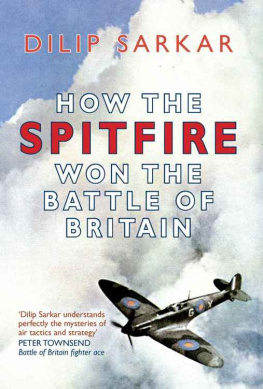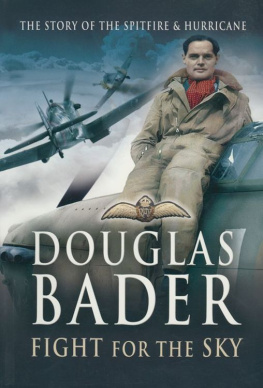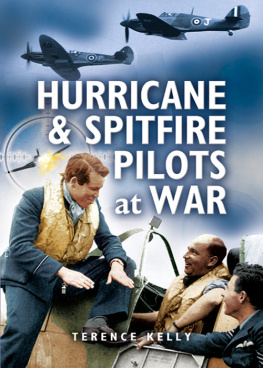To Rhona
INTRODUCTION
W hile it was tremendous fun researching the material for this book, it must be said that it was equally alarming to discover just how many significant moments in military history turned out, on closer inspection, to be glamorized cock-ups of mind-boggling proportions. Furthermore, the research revealed many iconic figures who either had feet of clay or penchants and peccadilloes best kept from their adoring public. Many of the famous and inspiring quotations associated with the great and the good never graced the lips of those to whom they have been widely attributed. Most alarming of all was the number of blood-soaked wars fought over meaningless trifles, and the amount of money squandered on the development of weapons more dangerous to those using them than to any enemy.
To take that last category first, I suppose all married people are to one degree or another influenced by their spouses. This is fine unless it is World War II, you are leader of the most powerful nation on earth, and your other half has a friend with a plan to pattern-bomb Japan with millions of pyrotechnic fruit bats; the total cost of Eleanor Roosevelt's convincing husband Franklin to take seriously the bat bomb mooted by her imaginative dentist can only be guessed at. And what of the Russian Army's disastrous misapplication of the experiments of their own compatriot, the psychologist Ivan Pavlov? Determined to turn dogs into anti-tank weapons, they conditioned the mutts to eat underneath tanks. The intention was to turn them loose during armoured engagements while wearing explosive backpacks, hoping that they would run under and destroy the German tanks. Great in principle, but the conditioning was too successful and the dogs only associated the underneath of Russian tanks with food! In more recent times, the CIA's sanctioning millions of dollars to turn Russian Embassy cats into mobile listening posts, complete with aerials inside their tails, takes some beating. Why, in addition, would First World nations go to the brink of war over a pig, or other countries actually lock swords over an old bucket or even the loss of a football match?
In this book you will also find a section dealing with misattributed quotations. For when it comes to lofty declarations associated with major battles and pivotal moments, many of these transpired to be invented after the events or the deaths of those to whose memory they are pinned. Extraordinary personalities, it seems, are not allowed to slip their mortal moorings muttering an inanity about an unpaid utility bill, or some other banality; some apposite exit lines have to be coined. So, Paul Revere never rode through the New England night shouting 'The British are coming'; Wellington never said 'Up, Guards, and at 'em' at Waterloo, where he equally never heard 'The Guard dies but never surrenders' from any French commander. General MacArthur never promised 'I shall return', and although an action rather than a quote, Russian Premier Nikita Khrushchev never banged his shoe on the desk at the United Nations (UN). Of all the entries in this section of the book, the latter came as the greatest shock; I am sure that anyone over 50 would bet confidently that they had in their youth seen some old monochrome news footage of him, stood in a cheap grey suit, banging his United Nations desk with his shoe, but it is just a folk memory.
All too often, horrendous cock-ups have to be 'spun' to heroic status by administrations reluctant for the public to know the truth; the World War II evacuation of Dunkirk and the fall of Singapore are two fine examples of that process. Other events, such as the so-called Battle of Britain, the fiasco at the Alamo and the Storming of the Winter Palace during the Russian Revolution, have been, to one degree or another, blown out of all proportion to serve as morale-boosters or rallying cries, and woe betide any who question their status as such. Sometimes history has no choice but to present ineptitude as heroics, as was the case with Teddy Roosevelt's fabled charge up San Juan Hill at the head of his Rough Riders during the Spanish-American War of 1898. Not only were the Rough Riders on foot, Roosevelt having forgotten to make proper transport arrangements for their horses, but he led his 'cavalry' up the wrong hill. Roosevelt actually charged the nearby Kettle Hill by mistake, but the myth of his assault on San Juan was enough to propel him into the White House.
At other times, historical characters are unsettled by loose cannons riding abroad when they should have been home in bed. Although the aforementioned Paul Revere is still celebrated for his night-time ride to Concord on the eve of the American Revolutionary War, aiming to warn all there that the British Army was headed their way, he never completed the task. At some point in the journey he crossed the unsung Sam Prescott, sneaking home from a midnight tryst. Thinking it a great way to cover his tracks, Prescott joined the venture, and when Revere was arrested en route it was the amorous Prescott who completed the task with the message: 'The regulars are out!'
In our first section, to which we shall now turn, we examine the lesser-known facts concerning the bad, the mad and the mediocre. Benito Mussolini never managed to make the trains run on time; Rasputin was 'taken out' by British Intelligence; Hitler lived in Liverpool for about six months in 1913 to dodge conscription into the Austrian Army; despite all the cinematic hagiography eulogizing the much-hyped Che Guevara, he was nothing but a nasty little killer, properly named Ernesto Lynch. The self-orchestrated death of Gordon of Khartoum launched the Thomas Cook travel business to the world; Doctor James Barry, the high-profile InspectorGeneral of British Army Hospitals throughout the Crimean War, afterwards turned out to be a woman; there was no such person as 'Tokyo Rose' she was instead a figment of overactive American imaginations; and Napoleon's personal priest gave the emperor a post-mortem penisectomy. All said and done, I hope you have as much fun reading this book as I had putting it together.
THE GOOD, THE BAD AND THE DEADLY
AMBULANCE BELLE
P erhaps it was because he was essentially raised as a girl by his mother that Ernest Hemingway (18991961) spent his life trying to out-macho all about him. Grace Hemingway managed to convince herself that 'Ernestine' was in fact the twin of her beloved Marcelline (18981963). Dressing and tressing them the same, she held Marcelline back from school for a full year so the 'girls' could commence their education together. It is perhaps little wonder that he constantly spoke of his involvement in conflict and wars, although his presence in the combat zone was mainly that of an observer.
Hemingway was full of tall tales of his derring-do during the Spanish Civil War (193639), but he was there only as a correspondent for the North American Newspaper Association (NANA). And a very focussed reporter he was too. He fervently reported the misdeeds and atrocities of the revolutionary fascists and demanded that others in the pack followed suit. When John Dos Passos refused to toe Hemingway's line and continued to cover the atrocities of the equally brutal republicans, the two writers went their separate ways. Hemingway was already irked by Dos Passos' presence because he, along with his friend E. E. Cummings, really had served as an ambulance driver in World War I. According to his version of events, not only was he a heroic ambulance driver in wartime Italy, running maverick missions into fire zones where no other driver dared go, but he was also the first American wounded in that theatre and collected such injuries rescuing the wounded from under the very muzzle of enemy fire.

